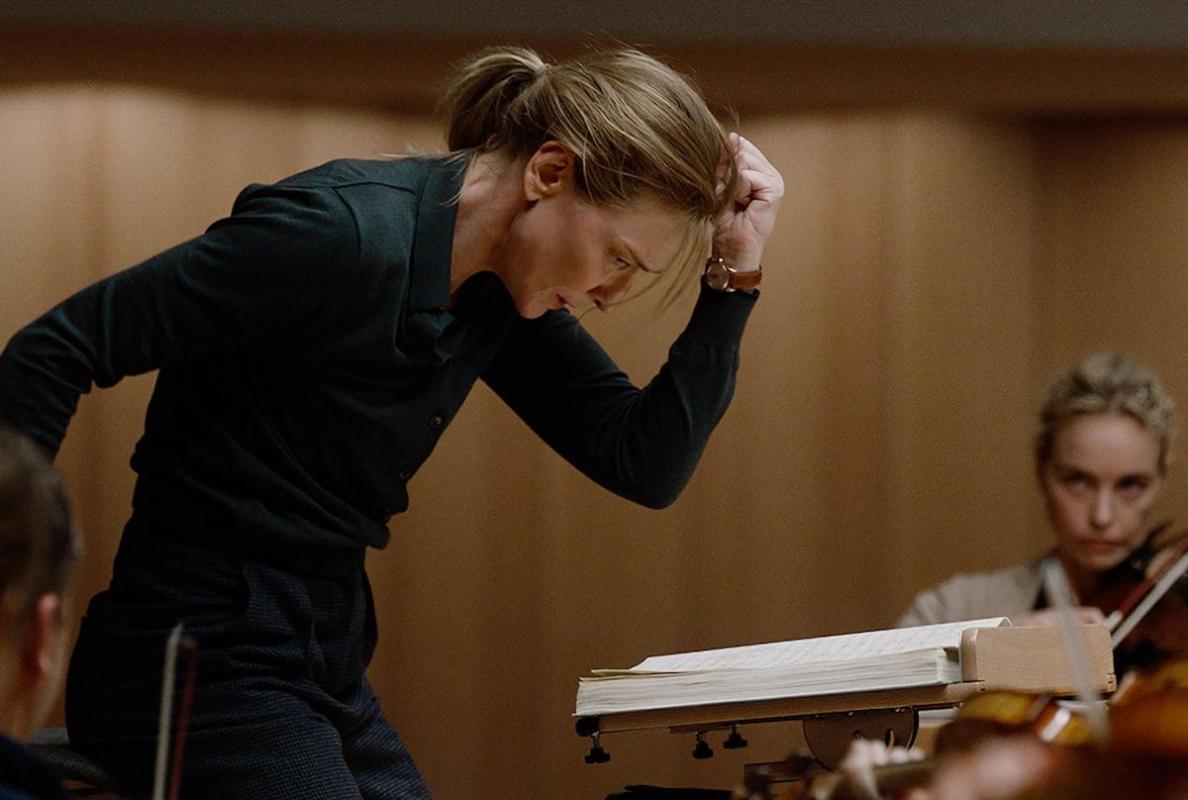
Every year, come late December, we feel compelled to ascribe overarching meaning to The Year That Was. Whether the conclusions we draw are valid or just another example of man’s inherent need to look for patterns and impose order on a complicated world—well, I’ll leave that to the philosophers and psychiatrists. But when it came to 2022 in film, the patterns weren’t that hard to find.
For starters, we had Steven Spielberg’s The Fabelmans and James Gray’s Armageddon Time, both autobiographical films about a budding young artist growing up in a complicated but loving middle-class Jewish family. (It says a lot about the styles of these two auteurs that Gray’s film had a nearly inscrutable title, whereas Spielberg’s title couldn’t have been more on the nose.)
Were Gray and Spielberg grappling with the alarming rise of antisemitism in this country? Or were they just excavating their own lives for meaning and insight, as artists have been doing for time immemorial? Probably the latter, but it was, as they say, a weird coincidence, dude.
The Fabelmans actually slots into another of this year’s patterns: films that celebrate film. Of course, such cinema valentines are released almost every year—The Oscars love nothing more than a movie that pays homage to the magic of moviemaking. But we had no less than three this year, with diminishing returns. The Fabelmans is great, because it’s a singular story about a singular artist. Damien Chazelle’s Babylon, about the early days of talkies, is a bit too ambitious for its own good—it’s overstuffed, but one could never accuse it of being boring. Sam Mendes’ Empire of Light is what we call Oscar-bait—a dewy, trite film about an old-timey movie theater and an unlikely (to say the least) love story between two of its employees. I hated it.
Again, this pattern seems self-explanatory: As movie theaters around the country shutter and more and more people are accessing all their entertainment at home, filmmakers are feeling a bit endangered. These films are their clarion calls.
Another pattern: Films (and TV shows) that satirized the rich. Those include Ruben Östlund’s Triangle of Sadness, Mark Mylod’s The Menu, Nikyatu Jusu’s Nanny (which doubled as an effective horror film), and, on TV, Mike White’s indelible The White Lotus. During the pandemic, the richest Americans got 40 percent richer. So I don’t think this one is too hard to figure out.
Finally, and this is a late addition to my “The Year That Was” files, since I just watched Triangle of Sadness for the first time last night: films that were covered in…bodily waste. I wrote a whole review about Babylon’s overemphasis on fecal matter and the like. And then I watched Triangle of Sadness, which has an extended projectile vomiting scene aboard its luxury cruise ship (followed by a scene where overflowing toilet bowls douse well-heeled guests in the face). 2022, ladies and gentlemen!
Anyway, here are my favorite films of the year:
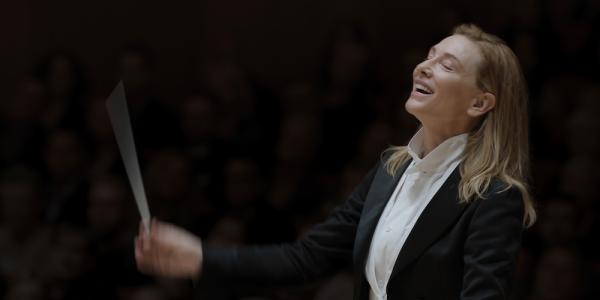
- TÁR
Could there be any other choice? Conductor Lydia Tár was so vividly drawn—by both actress Cate Blanchett and director Todd Field—that people emerged from the film and instantly sought out her Wikipedia page. Intellectually challenging, provocative, formally beautiful, and ever-so-slightly slippery (there are some people who think the film’s final third is a nightmare—it’s possible!)—films like Tár are the reason I fell in love with cinema to begin with. My review.
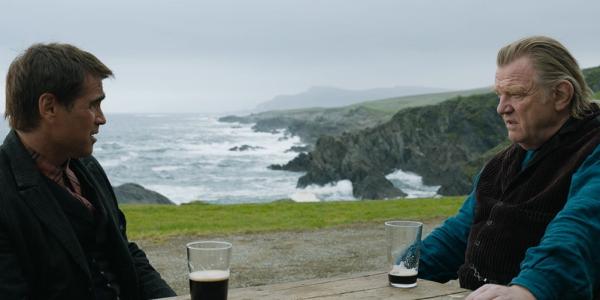
- THE BANSHEES OF INISHERIN
The quotidian pleasures of life are disrupted and challenged in Martin McDonagh’s hilarious and heartbreaking film about a man who unceremoniously dumps his best friend. What is the purpose of life—to be good to each other or to seek out a lasting legacy? And why can’t men just use their words! Colin Farrell and Brendan Gleeson are brilliant as the two laconic friends—one a happy warrior, the other in the throes of an existential crisis. My review.
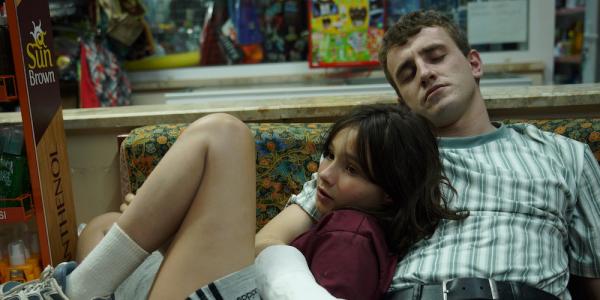
- AFTERSUN
Beautiful, dreamy, and shattering. An adult woman remembers a childhood vacation with her divorced father, partly through hazy camcorder footage. He was depressed, which she vaguely sensed, even at 11—but he did everything in his power to make it a great and memorable trip. Paul Mescal is devastating as the broken father. And first-time director Charlotte Wells has given us one of the best debuts in recent memory.
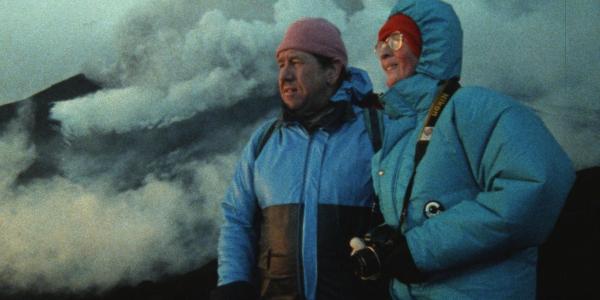
- FIRE OF LOVE
I don’t think I truly believed in soulmates until I watched Sara Dosa’s documentary about married volcanologists, Katia and Maurice Krafft. Part love story, part character study, part awe-inspiring nature film, it’s like nothing you’ve ever seen before. My review.
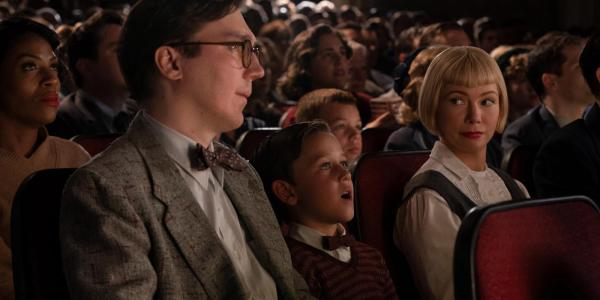
- THE FABELMANS
Steven Spielberg has never made a film this intimate. He makes the case that he’s the perfect combination of his parents—his dreamy, artsy, restless mother (Michelle Williams) and his pragmatic, kindly, science-minded father (Paul Dano). We watch young Sammy (Gabriel LaBelle) become a filmmaker who merged awe with technical prowess—but who also became keenly aware of film’s ability to shape, distort, and sometimes expose reality. My review.
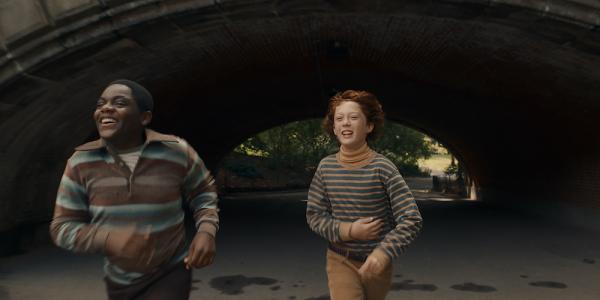
- ARMAGEDDON TIME
Spielberg’s film was too specific to ever be accused of sentimentality, but James Gray goes one step further: His is a gimlet-eyed look at his parents (Jeremy Strong and Anne Hathaway), made with equal parts love, curiosity, and condemnation. The film is set in the early 1980s in Queens (think Six Million Dollar man lunch boxes and Sugar Hill Gang on the radio). Gray’s family, as depicted here, was poorer than Spielberg’s—and they grasped for things: wealth, respect, assimilation. So when young Paul (Banks Repeta) gets caught smoking weed in the boy’s room with his friend Johnny (Jaylin Webb), who is Black, they send Paul straight to boarding school. They don’t care that Johnny is left behind. The two divergent paths the young boys take tells a heartbreaking—and damning—story of America. My review.
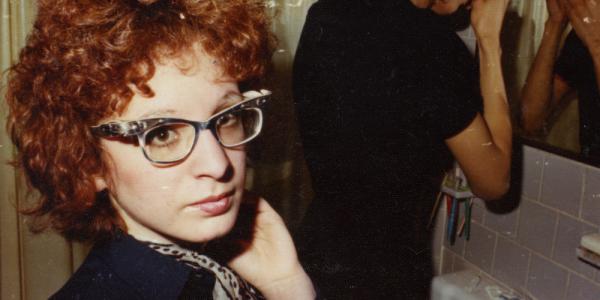
- ALL THE BEAUTY AND THE BLOODSHED
The photographer Nan Goldin has been a daughter, a lover, a sex worker, an icon, an addict. Now, in her late 60s, she’s wielding her influence to get the name of the Sackler family, who got obscenely rich peddling highly addictive prescription opioids, off the walls of the world’s most prestigious museums. A riveting portrait of an influential artist and late-life activist, Laura Poitras’ documentary is as raw, scuzzy, probing, and beautiful as one of Goldin’s photographs.

- MARCEL THE SHELL WITH SHOES ON
There are so many ways this feature length version of Jenny Slate and Dean Fleischer-Camp’s viral shorts could’ve gone wrong. It could’ve been overly precious. It could’ve felt padded. It could’ve gotten Disneyfied. Instead, the sun-dappled film is a small miracle— fleshing out the world of Marcel expertly, finding beauty, humor, tenderness, and pathos along the way. Not bad for film about a shell. My review.
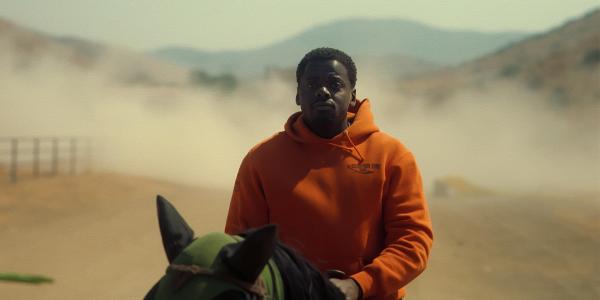
- NOPE
No one is doing it like Jordan Peele. His film about a UFO hovering over a family farm is part western, part sci-fi, part comedy. It’s packed with ideas—about race in America, about voyeurism, about the human need for spectacle—without sacrificing any of its massive entertainment value. He’s aiming for something big here—something iconic, Spielbergian—and he achieves it. You’ll laugh, you’ll gasp, but most of all, you’ll think. My review.
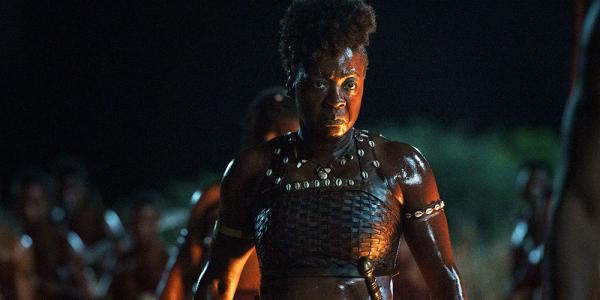
- THE WOMAN KING
On Twitter (RIP?), I said the following about Viola Davis’ stellar performance: “She’s not trying to look hot. She saunters, clomps even, like a Sumo wrestler—trying to make her body look large and intimidating. I’ve seen men walk this way to convey strength. It’s so badass.” Badass is a perfect word to describe Gina Prince-Bythewood’s epic adventure about an African kingdom protected by a group of all-female warriors, led by Davis’ stoic General Nanisca. Women can be fierce and fearless, Prince-Bythewood says, but still be nurturers. Amidst the battles, the initiation rituals, and the raucous adventures, the film has a tender heart.
And 10 more: 11. Pinocchio, 12. Saint Omer, 13. Benediction, 14. The Menu, 15. Hustle, 16. Bones and All, 17. Nanny, 18. Kimi, 19. Top Gun: Maverick, and 20. Good Luck to You, Leo Grande.
